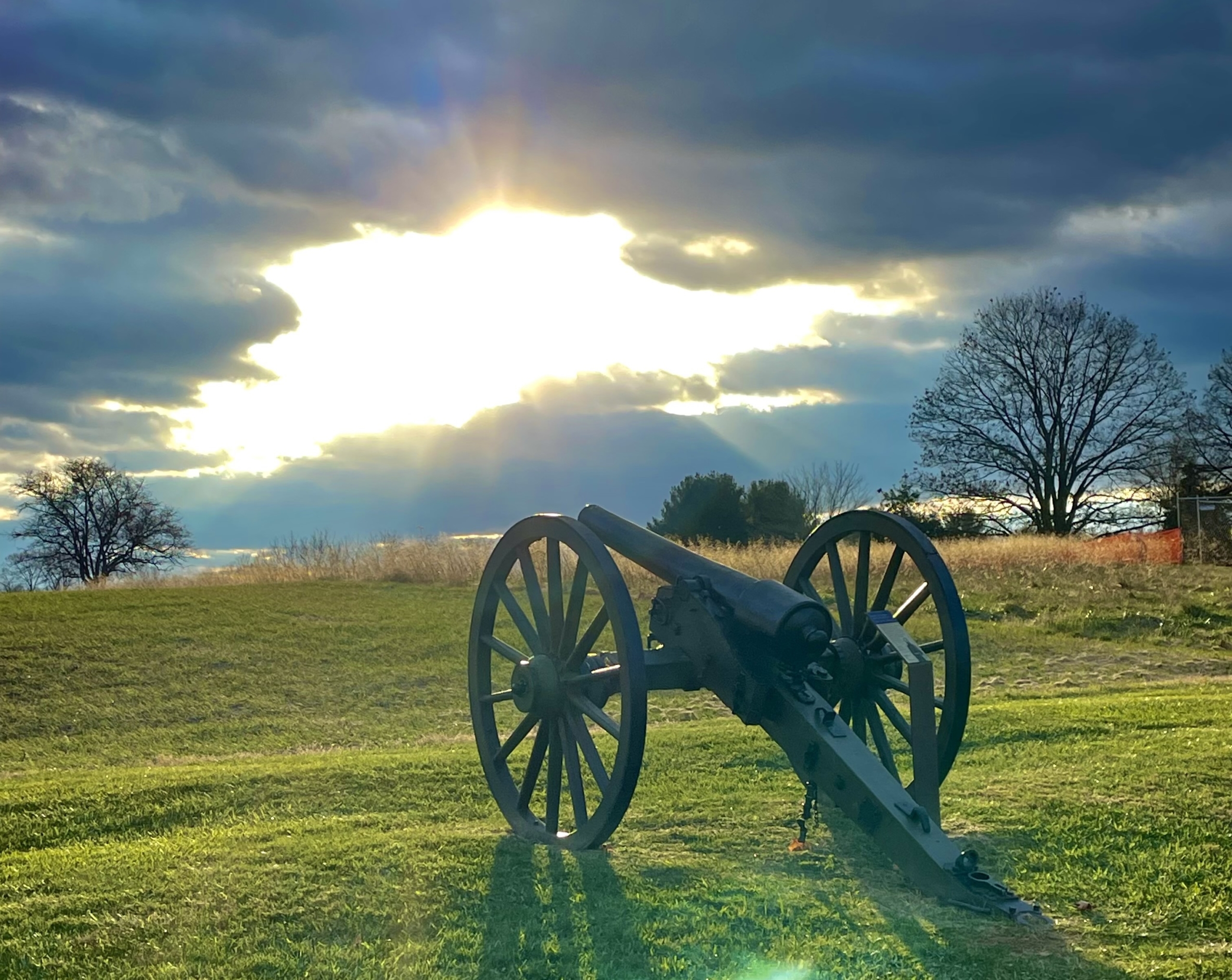
By Patty Dann
In 1844, the first YMCA was created for young men seeking safety from the rough London streets. In my thirty years of teaching writing workshops at the West Side Y on West 63rd Street, though, many of my students were not men, or Christian, or even young.
My students have come from across the globe, from Brooklyn, Bialystok, Alabama, and Buenos Aires. A student named Ruth was playing field hockey on an island off the coast of Germany when the Nazis arrived. Another, the great-granddaughter of a sharecropper, boarded a train in New York as a 13-year-old to escort her aunt’s body back to South Carolina for burial; in Washington the young girl had to move to the Colored Car, where the older women shared their baskets of food. Another student wrote about crossing the border into Texas after having eaten nothing but chewing gum for weeks.
Weary of being seen and not heard, the students who told each of these stories created some kind of curative effect on all of us in the class, as if we were turning the dial on a global radio. The combination of bearing witness created communities of people from as far apart as the Middle East and the Midwest who might never have crossed paths with one another in “real life.”
It’s like that with my husband, Michael, too. He and I were both widowed and living in different cities when our writing brought us together. I had written a book about raising a 4-year-old when my first husband died. Michael, a reporter at The Baltimore Sun, wrote an essay, where he reviewed several books on grief, including mine. I wrote to thank him and offer my condolences. Our email correspondence lasted three months, where we shared stories of our pasts and began to write one of our future.
Although we joined lives, we realized we each needed to keep one foot in the place where we had raised our families. A year later we united in a commuter marriage, back and forth between the Upper West Side and Baltimore.
Then came COVID. I stopped teaching at the Y, but continued classes on Zoom. Michael, now a retired journalist, is still telling stories, too, as he gives guided tours at Antietam, the Civil War battlefield in Maryland. He tells visitors that day in 1862 changed the course of America’s history and was the real turning point in the end of slavery.
As a foreign correspondent, Michael saw the killing fields of Rwanda, and, like me, he is drawn to the call of stories as a means for making sense of the world. But now, as more wars crash around our fragile planet and the violent images cascade from our phones, I feel like I’m fumbling in the glove compartment of a car, rummaging for a map to guide us, while trying to keep my eyes on the road.
In a time of soundbites and websites, instant rewind and fast forward, when people livestream videos of their babies being born and terrorists document their atrocities, my writing workshops continue to be based on the primitive notion that we can all learn from each other by telling stories around the campfire, but to tell the truth, I am bewildered that this century has learned so little from hearing all those stories.
Patty Dann has published seven books and numerous essays. She has lived on the Upper West Side for over 40 years.
Subscribe to WSR’s free email newsletter here.









This is so evocative, brilliantly written and everyone can relate to it
Beautiful piece, Patty! A testament to the healing power of sharing personal stories — needed more than ever in these bewildering times. Thank you, as always, for sharing your words and wisdom.
thanks, Mindy- you know so well
thank you. What an enormously moving article. I feel for all your students and for you and your husband. Can you expand this article into a book? Covering the stories depicting the ordeals of your students, as well as their creative successes, and the shifts in story emphases, if any, through the 30 years you have been teaching. Would love to read such a book.
thank you! I’ve written about it in a book called The Butterfly Hours but I hope to write more–
I found that listening to other writing students in Patty’s class expanded my understanding of the human condition. The students formed a cohesive and accepting group in sharing our life stories.
Thank you for bring part of that group!